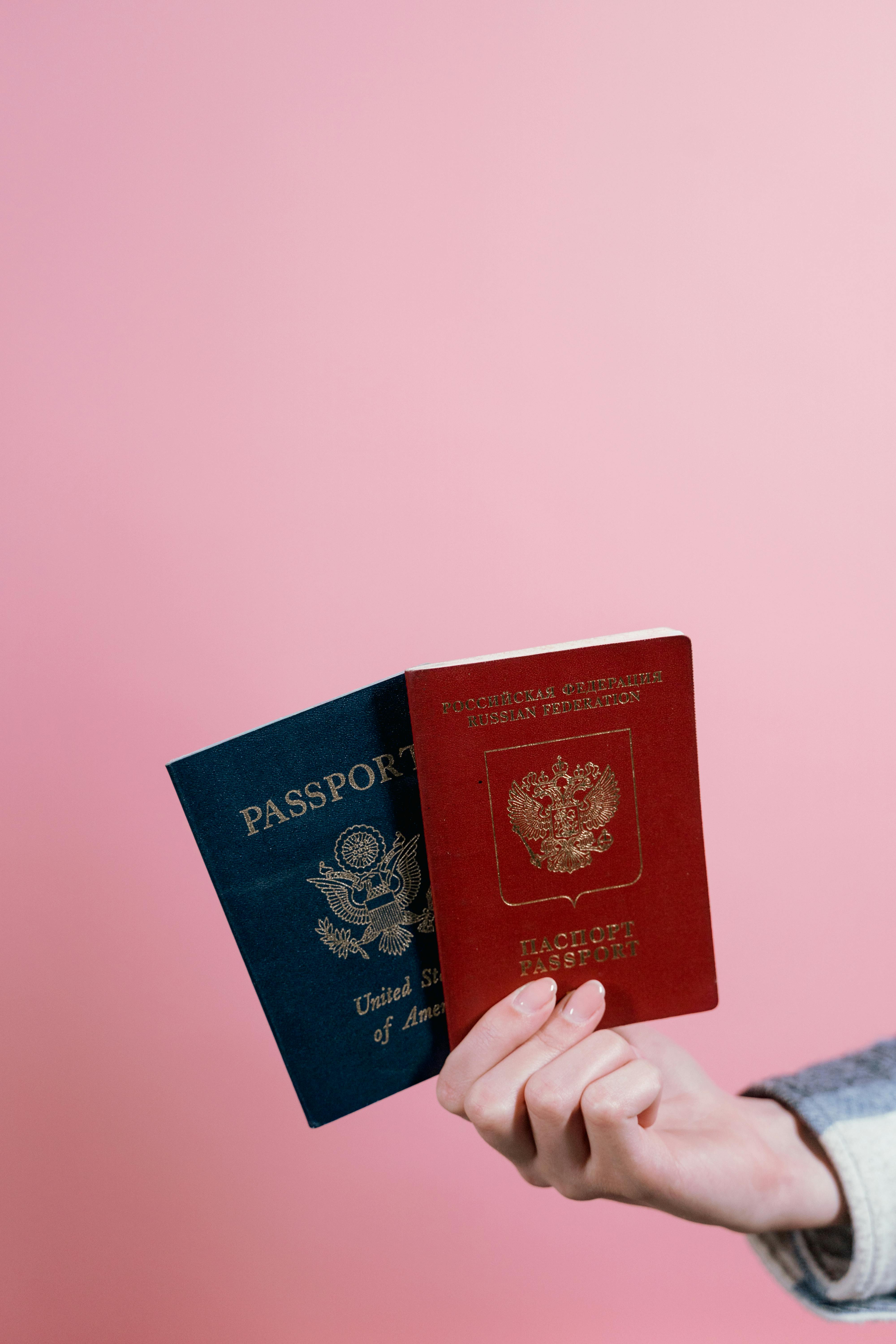
Introduction
The landscape of visa applications has evolved significantly in recent years. With a keen focus on national security and the integrity of the visa issuance process, the U.S. Embassy in India has introduced stringent guidelines regarding social media disclosures. This blog post will delve into the recent developments concerning the requirement for visa applicants to list their social media handles, the implications of non-compliance, and the overarching reasons for this policy change.
The Importance of Social Media Disclosure
As of now, any individual looking to obtain a U.S. visa must provide a comprehensive list of all social media usernames and accounts they have utilized in the past five years. This mandate, although introduced back in 2019, has gained renewed emphasis particularly for visa applicants in India.
The primary purpose of collecting this data is to ensure thorough vetting to prevent any potential security risks. It is essential for applicants to understand that this is not a mere bureaucratic exercise but a critical step in safeguarding national interests.
What Does the Rule Entail?
The updated guidelines necessitate that every visa applicant reports all social media usernames and handles across various platforms. Applicants are required to disclose their identifiers for:
- X (formerly Twitter)
- TikTok
- YouTube
This comprehensive list includes both active and inactive accounts, meaning that even accounts that have not been regularly used must be disclosed. If an account is found to have been utilized in the previous five years, it must be included in the application.
Consequences of Non-Disclosure
Failing to provide the relevant social media identifiers can lead to severe repercussions:
- Immediate rejection of the visa application
- Extended processing times due to additional scrutiny
- Negative implications for future visa applications
Moreover, any intentional omission might be interpreted as a lack of transparency, adversely affecting the applicant’s chance of securing a visa.
Rationale Behind the Social Media Policy
The U.S. Foreign Ministry has established this requirement as part of a broader strategy to enhance national security measures. By analyzing social media activity, officials can glean insights that help verify identities and identify patterns that may pose security threats.
This approach aligns with global trends wherein immigration and border control agencies are increasingly using public online information to conduct thorough background checks.
Steps for Visa Applicants
For prospective visa applicants, there are several crucial steps to follow:
- Conduct a thorough review of all social media accounts used in the last five years.
- Compile a list of all relevant usernames exactly as they appear on the respective platforms.
- Include any platforms where activity, no matter how small, has occurred.
- Maintain transparency; it is better to disclose all accounts than risk the consequences of omission.
Conclusion
This recent update serves as an important reminder for Indian visa seekers and travelers across the globe. In an era where digital footprints contribute significantly to personal identity, presenting accurate information in the DS-160 form is crucial for a seamless visa application process.
Students, professionals, tourists, and frequent travelers must recognize that compliance with this rule is not negotiable, as it significantly impacts the likelihood of visa approval.
Potential applicants should remain vigilant, stay informed about updates from official embassy communications, and ensure their application is complete and truthful. Additionally, keeping up-to-date with visa-related news and immigration policy changes is advisable to navigate the complexities of the visa application system successfully.
